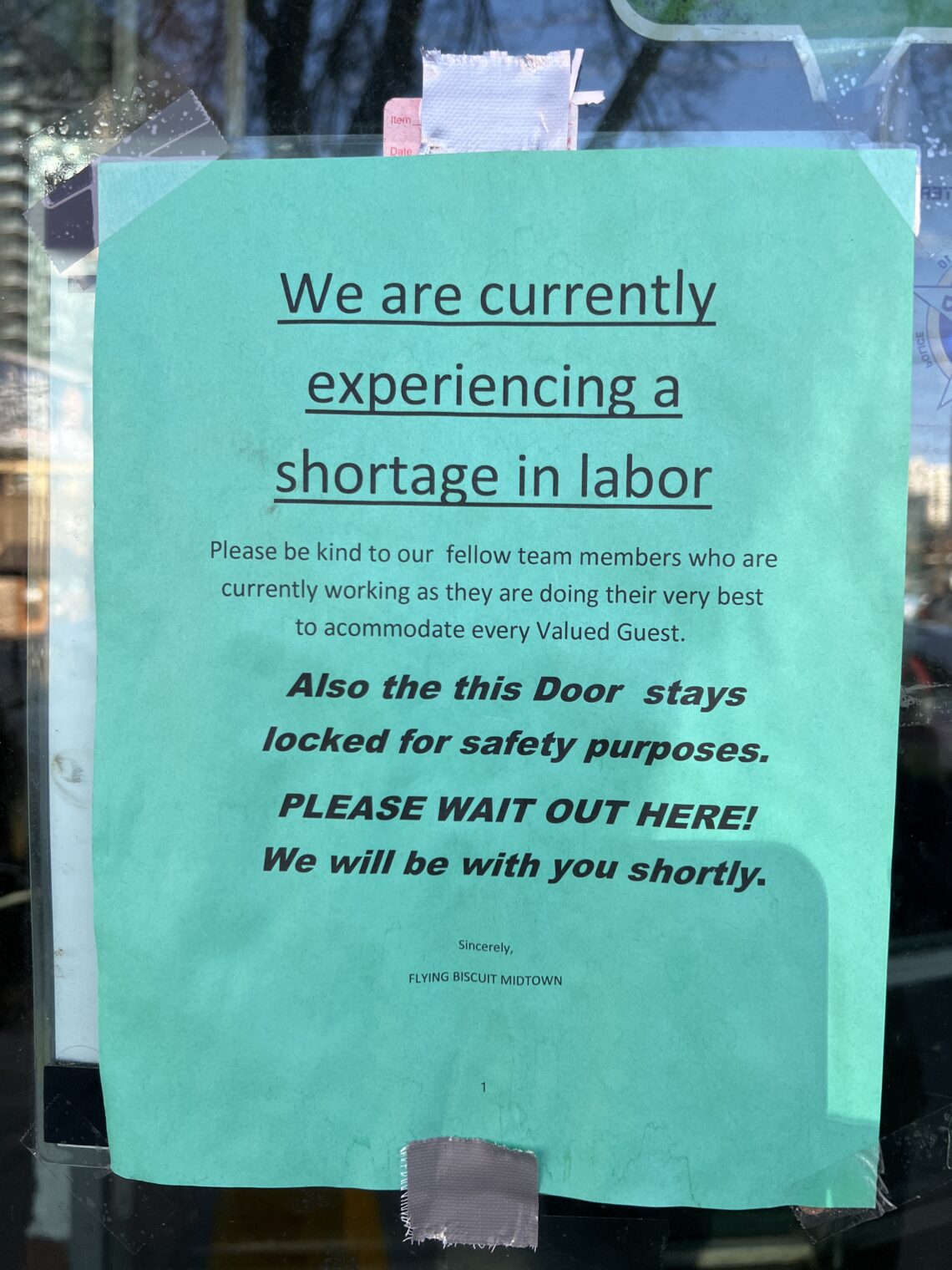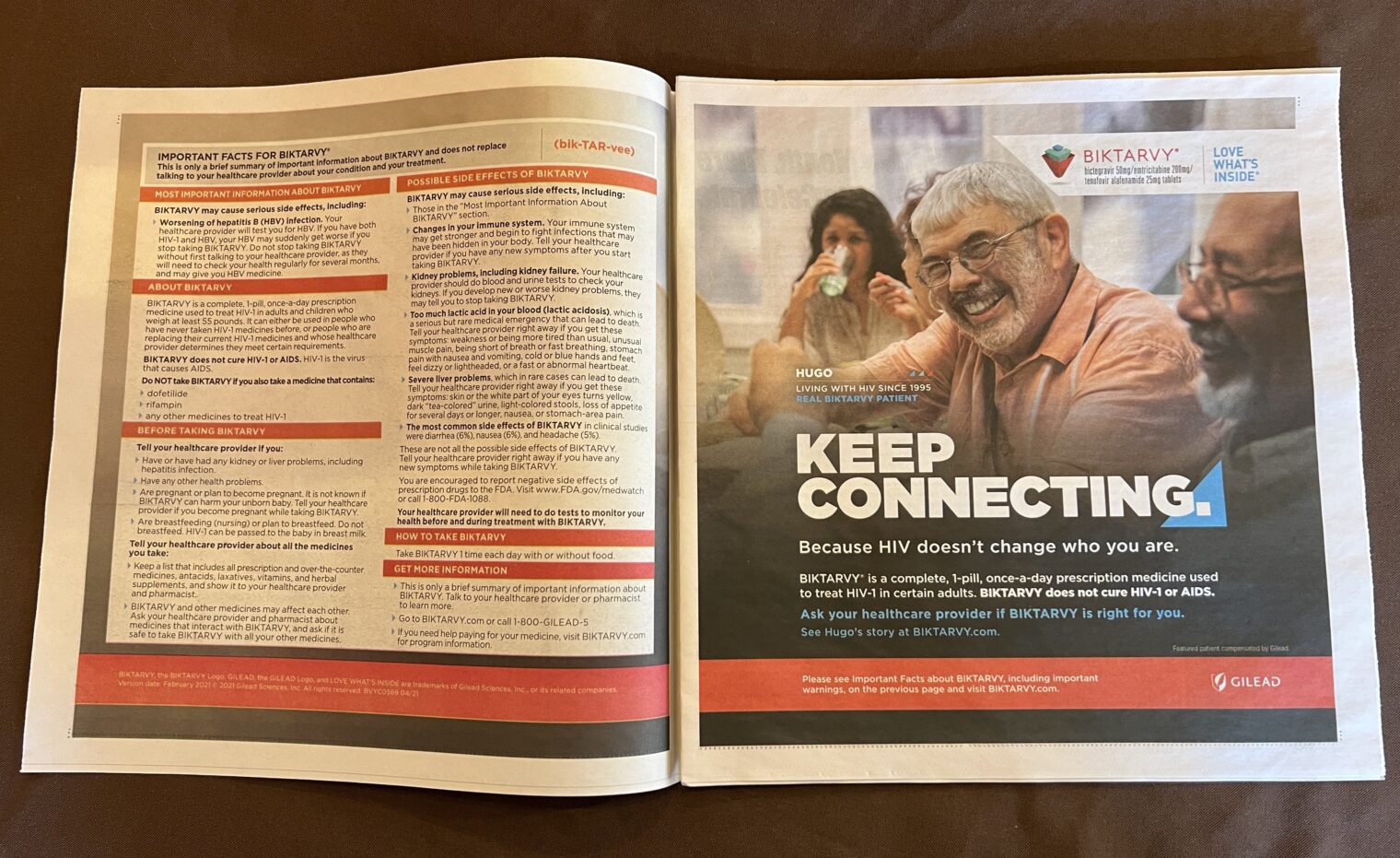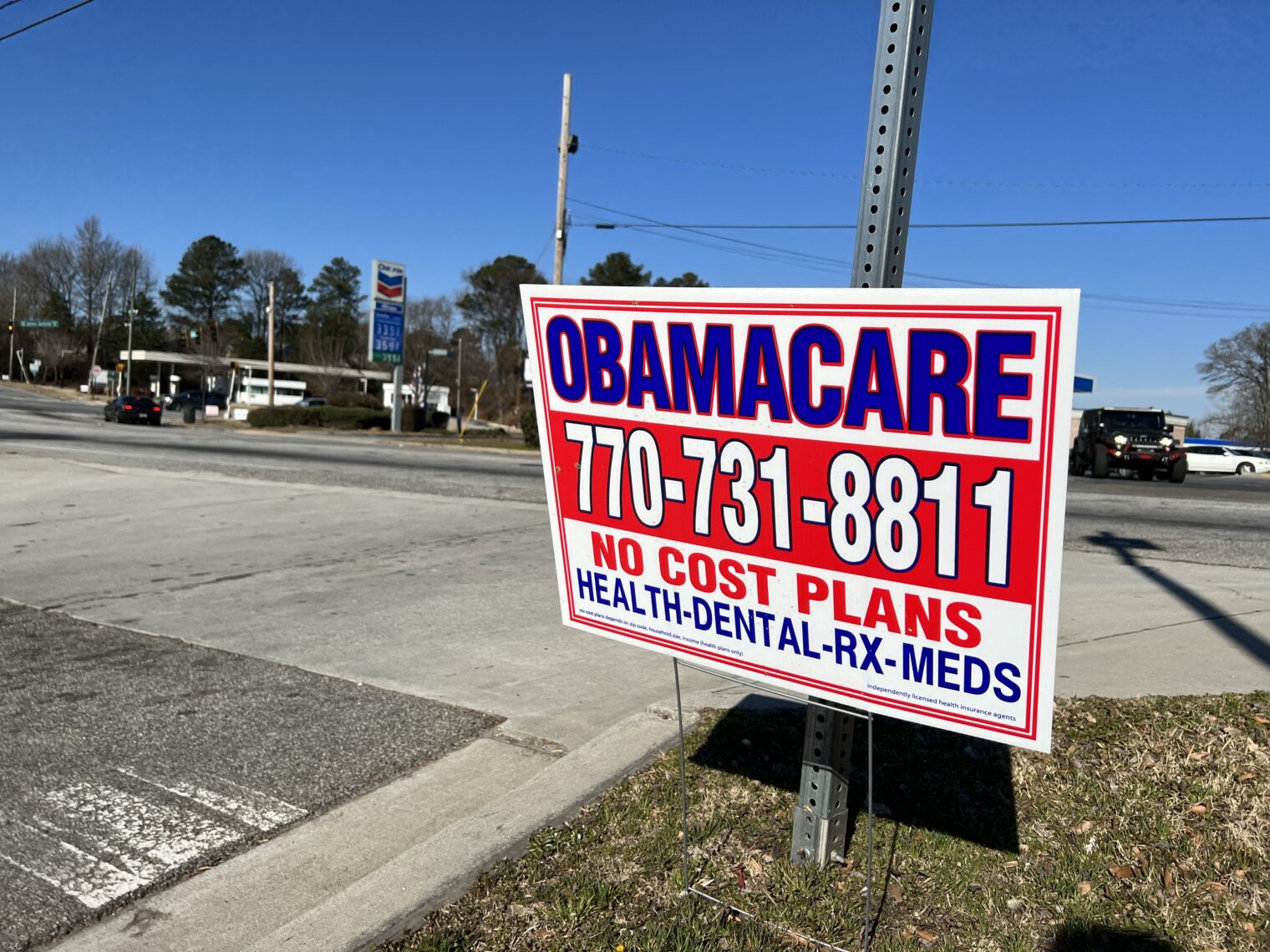A chapter on diseases of the brain, perfectly timed for Valentine’s Day… (an MIT Economics professor back in the early 1980s told us that romantic love was a mental defect. “You’re giving control over your happiness to another person.” (The no-fault divorce revolution wasn’t fully established at the time, so he didn’t mention that losing more than half of one’s earnings and wealth was also a common outcome…))
Psychiatry clerkship begins with orientation in the clerkship director’s large office. The pediatric psychiatrist makes us all sign that we have reviewed the safety HR training modules and then summarizes them: “When entering the unit, make sure no one is behind or near the door. And don’t wear earrings or necklaces.” [One of Jane’s patients pulled a hoop earring off a nurse, tearing through her ear lobe.] He goes through the required clerkship competencies, including several lectures. He confides, “I feel bad about all the hurdles you have to go through. The more I complain, the more metrics they create. It’s a losing battle, I just gave up.”
After orientation, our team meets on the inpatient psychiatry unit: attending, two social workers, care team leader (CTL, head nurse), and one medical student (me!). We will take care of roughly 10 patients at a time. The attending, a 64-year-old former astrophysicist, who looks and sounds like Dr. Sean Maguire (Robin Williams) in Good Will Hunting, introduces himself then instructs the resident to lead rounds. My resident, a star second-year resident (PGY-2) wearing a stylish polo and sleek slacks, takes me aside: “Today, just watch how we round on patients. Tomorrow ,you’ll lead the interviews for each patient.” He continues: “The inpatient unit is the ICU of psychiatry. Our goal is not to cure them; it is crisis stabilization. If they tried to commit suicide, stabilize their mood and coordinate outpatient resources after hospitalization.”
Rounds begin and are a whirlwind of new patient cases. He presents the first patient outside her dorm room: “32-year-old female with several psychosocial stressors overdosed on Xanax. She is engaging in group classes and denies SI [suicidal ideation].” The resident: “Sometimes the patient just needs to get out of the stressful environment. The average length of stay for a patient is six days. The rack rate is $18,000 per day, but most insurance reimburses about $2,000 per day. Insurance will ask what we did, and the answer is ‘not much except continue her medications and encourage her to use the milieu [group classes, normalization from speaking to other patients]’.”
The next patient is a 43-year-old schizophrenic with ID [intellectual disability] who came in an acute psychotic episode. Our resident: “Schizophrenia is a brain attack, just like an MI [myocardial infarction]. If we don’t prevent it, it will happen again, and the patient loses brain cells each time.” He has been admitted three times within the past two months to our unit, and had several inpatient stays at state hospitals within the past few years. He lives in a “group home.” Attending: “These are basically nursing homes for mentally unstable individuals. Most are run by national companies. They make a fortune.” The patient presented with auditory hallucinations telling him the devil is inside him.
Our goal is for him to be given a long term injection of antipsychotics to prevent medication noncompliance. He is on a TDO (temporary detention order) and, because we have the alternative of giving him daily pills, he has the option of declining the injection. If he declines the injectable, we could try to get a judicial override, a tough argument when there is a conceivable way for him to take his PO meds. The resident says that he has seldom seen a judicial override applied for and never seen one granted, even for patients who are admitted every 2-3 weeks (paid for by Medicare/Medicaid).
We walk in and introduce ourselves. He is restless, withdrawn, and delivers literal responses with a flat affect. Can you tell us how you slept? “Yes.” As the resident struggles to get substantive answers, Robin Williams interjects: “Okay, Johnny, we’ll we will be outside if you want to talk to us.” He then explains: “Don’t let the patient take control of the interview. Watch, in a few hours he’ll be wandering the halls searching for you.” I ask about his restlessness. “That’s a sign of someone who has been schizophrenic since a young age. It soothes him. Schizophrenia is a devastating disease. People with bipolar and depression can be highly accomplished individuals, but you never hear of accomplished schizophrenics. They don’t exist, because the disease will devastate their intellect and motivation.”
On Thursday we discharge the patient after he agreed to get the long term injectable shot. We learn the next day that the Medicaid cab driver kicked him out at a gas station two miles away from his group home. “Fortunately, he walked the remaining distance back to his group home, but we definitely have a protocol issue,” said the resident. “The cab drivers need to know they have to drop these patients off at the specified destination, and if there is some sort of trouble, they should call the police.” Attending: “There is also a presumption that if we are discharging the patient, he/she should be sufficiently medically stable to not get kicked out of a cab.”
The next patient is a 45-year-old bipolar type 1 who stopped taking her meds because she felt good. Five days later she presented in a manic episode with SI. She has several psychosocial stressors: (1) custody litigation regarding an 8-year-old son, (2) the boy’s father taking him across state lines without her permission, (3) a 25-year-old daughter living with a “strange man” in her garage, and (4) the daughter’s theft of $100,000 from a neighbor’s house. She is afraid that her daughter might go to prison and that she herself is being investigated “because I did not call the police for a few days after learning about the theft.”
[Editor: If the patient’s memory can be relied on, the fact that the 25-year-old stole $100,000 and remains free is a great argument for identifying as a white woman!]
Our next patient is a 24-year-old male presenting for SI with plan. He is either delusional or merely extremely high on marijuana. [Editor: We were informed by our political leaders in Massachusetts that marijuana is the best medicine for most conditions and, indeed, marijuana retail was considered “essential” and remained open while schools were shut for coronapanic.] He is obsessed with finding his real parents: Michael Jackson and Halle Berry. The rumor on the floor from the nurses is that his listed “father” in Epic is actually his older brother, and his Epic “mother” is the brother’s male-to-female transgender girlfriend. Attending: “Do you think these wacko family arrangements are dependent on SES [socioeconomic status]? Or do you think lower SES just can’t hide it as well? I tell you, humans are a sick, sick species.” For the benefit of the nurses and patients, our patient performs a pre-discharge moonwalk and a cappella R&B song (self-written and composed). Resident, impressed by the show: “Hey, maybe he is the son of Michael Jackson.”
Our next patient is a 19-year-old African American found lying in the middle of a congested road blocking traffic. “I thought if a car hits me, fine,” she says. “If not, they’ll bring me in so I can speak to a psychiatrist. I want to know if I can stop taking my medications so I can get pregnant.” She has a history of bipolar disorder, but has not been able to afford her medications for several months. A case manager signs her up for Medicaid based on her lack of employment. During a phone call with her boyfriend, he informs her that she might have gonorrhea. We consult a hospitalist to deal with this.
Our next patient is a 38-year-old Caucasian polysubstance abuser. He could go home, but he has “several crack ladies” living in his house. He says that they refuse to leave and injected him against his will. I ask whether he could go to a church-run rescue mission. Our resident: “Yes, but people hate those places because you have to hand over all your money so you can’t buy drugs. When they leave, they then have to beg for money to get drugs. He needs to kick out the women from his crack den house.”
We finish rounds in time for a new admission, a 34-year-old morbidly obese African American G3P2 bipolar at 35 weeks with uncontrolled type 2 diabetes. There are multiple fetal anomalies and a planned C-section at 36 weeks. Her prior two children were “adopted out” [Resident: “that’s usually lingo for removal by CPS”]. She receives disability payments based on diagnoses of bipolar disorder and anxiety. Roughly three weeks ago, she was feeling so good that she decided to stop taking her anti-psychosis medications. This resulted in a two-week manic episode with no sleep. The crash came yesterday and she tried to kill herself with an overdose of Geodon. Every few hours, all night and day, she says that she is having labor contractions, which forces the nurse to cart her off to L&D. The folks there refuse to do the C-section any earlier than 36 weeks, so the result is a standoff between psych and L&D.
Friday is a rainy day. Our resident: “When it rains it pours. We expect a significant surge in admissions whenever there is bad weather.” We skip rounds to admit the first patient, a 45-year-old African American cocaine addict presenting for suicidal ideation and hallucinations. He’s on disability due to back pain. The resident and I go back after our initial H&P to chat with him in the afternoon. We talk about basketball for 45 minutes. Our patient won state championships in high school, but never played in college. “NBA players are sissies compared to back in the day. The rules don’t allow you to touch the other guy. You cannot compare the old players to the current players scoring.” As the completely coherent and wide-ranging conversation winds down, the resident says, “Come on man, you made this up didn’t you? It’s nothing personal, we know you know what to say to get admitted.” Our patient: “Yeah.”
(We learn that the patient is a regular at the community basketball gym where our resident also occasionally plays. The resident takes the patient’s phone number. “I plan to play with him; neat guy.”)
The last patient I see is a 38-year-old nurse with a history of alcoholism. She has had multiple intervals of sobriety, most recently for ten years. She relapsed last week due to stress from the car accident death of her 45-year-old husband. She tells us that she passed out in her car in the outside clinic parking lot and the next thing she remembers is being in the emergency room. The social worker later finds out that she actually clocked into work, but passed out in front of the physician before the first patient arrived. Her blood alcohol level was .35 (the legal limit for driving is 0.08; 0.40 will kill half of adults who don’t have significant tolerance).
She recounts being beaten as a child by her alcoholic parents and being forced by them to consume alcohol at age 9. Robin Williams asks the social worker to see if we can help her to keep her job. He takes over the interview and asks whether she has completed the 4th (confession of sins to another) and 5th (making amends) steps in Alcoholics Anonymous (yes and yes).
Outside the room, Robin Williams explains, “Try to determine if a patient with alcoholism is motivated to change. If you believe that the patient was sober for ten years, you can work with them. They can benefit from the scarce resources we provide versus the typical patient who comes in for safe detox. Alcoholism is a chronic disease. Relapse is a part
Full post, including comments





















